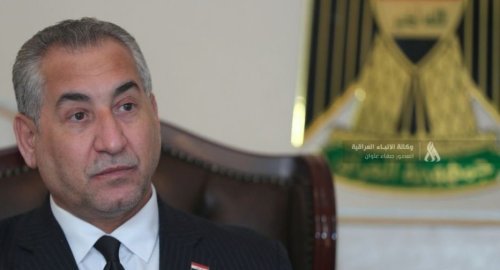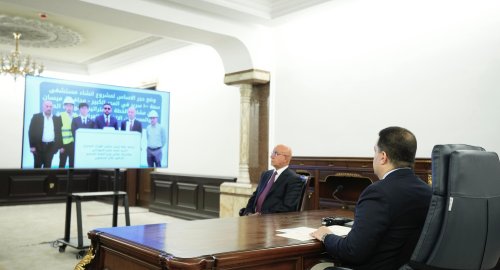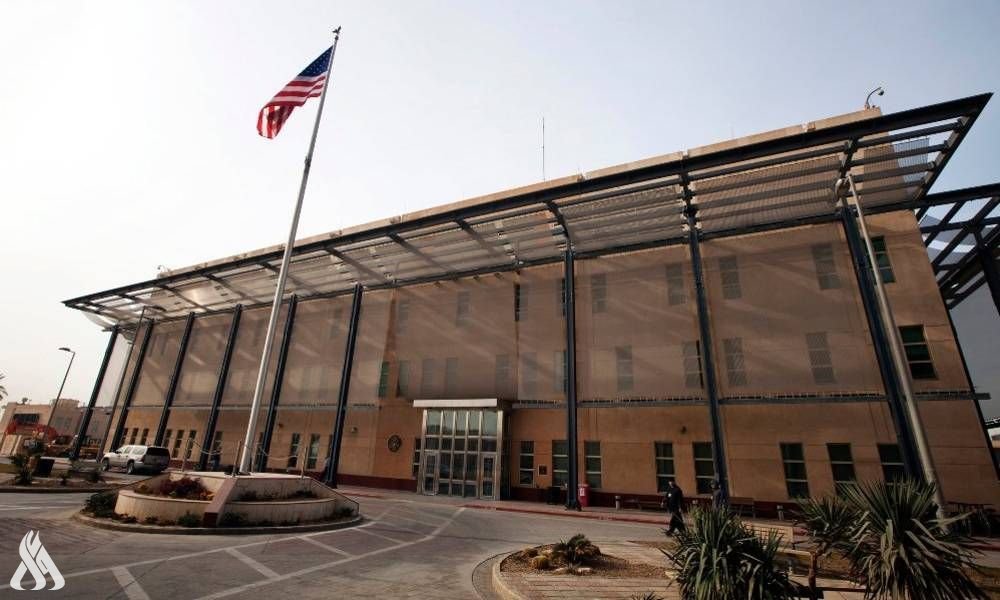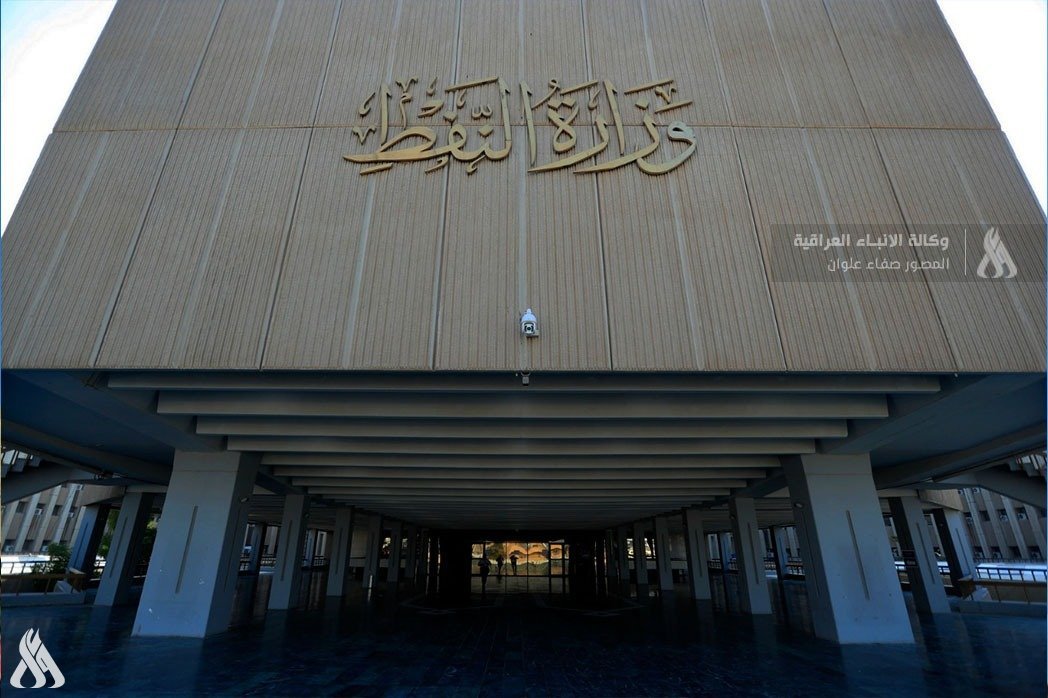
Environment Ministry identifies reasons behind Iraq's loss of rare species of animals and plants

- 14-03-2022, 13:06
Baghdad-INA
Ministry of Environment identified Monday reasons behind Iraq's loss of rare species of animals and plants, while noting that there are environmental damages due to climate change.
The Minister of Environment, Jassim Al-Falahi, told the Iraqi News Agency (INA), that "there is an international agreement that has been established regarding animal species that are at risk of extinction or facing extinction threats, and Iraq has joined it, which is the Sykes Agreement," noting that "I am the head of the administrative authority for this agreement in Iraq."
He added, "This agreement includes a mechanism for cooperation with rare and endangered species, which prevents international trade in rare species and mechanisms for monitoring them," noting that "we have come a long way in approving these concepts with regard to the serious challenge faced by biodiversity regarding water scarcity."
He added, "Iraq is one of the most important countries in the migration stations of migratory birds in the high mountains, in addition to the marshlands, which are one of the most important stations in the path of these birds," explaining that "the decline in water supplies and the escalation of drought rates is one of the threats to the loss of many resources." nature of these animal and plant species.
Al-Falahi stated that "the issue of climate changes and the steady increase in temperatures negatively affected a significant decline in our water revenues, and the lack of water security, which led to an increase in land degradation, high rates of desertification and a shrinking of the agricultural area, in addition to the increase in sand and dust storms with their significant and dangerous effects on the environment, lives and health of people, the high rates of respiratory diseases such as asthma and allergies, and the great pressure on emergency rooms and hospitals, with the great depletion of resources to cover health challenges.
He added, "This affects the movement of land, sea and air navigation, oil export, and its economic and social effects," explaining that "one of the most important means to combat desertification is the establishment of green belts, which requires great cooperation between the Ministry of Environment, which is a supervisory ministry, as well as the Ministry of Agriculture and the Ministry of Water Resources as executive bodies.
Al-Falahi expressed his regret that "the Ministry of Agriculture did not take the necessary measures to confront the phenomenon of desertification and the lack of vegetation cover," explaining that "the procedures of the Ministry of Agriculture are still deficient and until this moment they are based on the issue of the lack of financial allocations."
He stated that "the Ministry of Agriculture, with its great potential, has a public department specialized in combating desertification, and its work must be activated and focus on giving this issue great importance," expressing "the Ministry of Environment's readiness to support the efforts of the Ministry of Agriculture and the need to provide international funding for projects submitted by agriculture and approved by the Ministry of Agriculture."
he indicated that "the Ministry of Environment, in cooperation with international organizations and other countries, has established green belts," noting that "the work of green belts depends on the issue of their sustainability and how they perpetuate their survival, in addition to the good selection of trees that withstand difficult climatic conditions and their water needs."
US and Panama come to agreement giving fast pass through canal
- International
- 09:27
China vows to ‘fight to the end’ against latest Trump tariff threat
- International
- 09:12
US Embassy: Trade Mission of 60 Companies Visits Iraq
- politics
- 25/04/07












